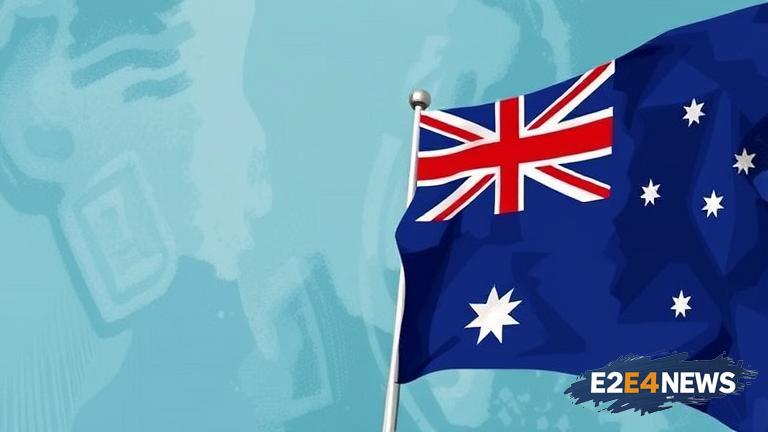The Australian government has made a significant move in response to the growing concern over antisemitic attacks within its borders. Prime Minister Anthony Albanese announced the expulsion of the Iranian ambassador, citing evidence that suggests Iran’s involvement in these attacks. This decision comes after a thorough investigation and consultation with security agencies, which have pointed towards Iranian-backed elements as being responsible for the rise in antisemitic incidents. The move is seen as a strong stance against hate and terrorism, reaffirming Australia’s commitment to protecting its Jewish community and upholding the values of tolerance and inclusivity. The antisemitic attacks, which have been on the rise, have caused widespread concern among the Australian public and the international community. These incidents range from vandalism of Jewish properties and synagogues to physical assaults on individuals. The Australian government has been under pressure to take concrete actions against these hate crimes, and the expulsion of the Iranian ambassador is viewed as a decisive step in that direction. The investigation that led to this decision involved various intelligence agencies and law enforcement bodies, which gathered evidence of Iranian involvement. This evidence, though not publicly disclosed, is believed to be substantial and points to a coordinated effort by Iranian-backed groups to incite hatred against the Jewish community in Australia. The expulsion of the ambassador is also seen as a diplomatic rebuke to Iran, signaling that Australia will not tolerate foreign interference in its internal affairs, especially when it involves the promotion of hate and violence. The Australian Jewish community has welcomed the government’s decision, expressing relief that concrete actions are being taken to address their safety concerns. However, the community also acknowledges that this is only the first step and that more needs to be done to combat antisemitism at its roots. The government has pledged to increase security measures around Jewish institutions and to work closely with community leaders to prevent future incidents. This includes enhancing intelligence sharing and cooperation with international partners to counter Iranian-backed terrorism and hate propaganda. The international community, particularly countries with significant Jewish populations, is watching the situation closely. Many have expressed solidarity with Australia’s Jewish community and have condemned Iran’s alleged role in promoting antisemitism. The United States, Israel, and several European nations have come out in support of Australia’s actions, emphasizing the need for a united front against hate and terrorism. Despite the diplomatic fallout, Australia remains committed to its values of multiculturalism and diversity, emphasizing that the expulsion of the Iranian ambassador is not a reflection on the Iranian people but on the actions of the Iranian government. The incident has also sparked a broader debate about the rise of antisemitism globally and the need for concerted international action to combat it. Experts point out that the spread of hate ideologies, facilitated by social media and other digital platforms, requires a comprehensive and coordinated response. This includes not only governmental actions but also efforts by civil society, educational institutions, and the private sector to promote tolerance, understanding, and respect for diversity. In conclusion, the expulsion of the Iranian ambassador by Australia marks a significant moment in the global fight against antisemitism and terrorism. It underscores the importance of decisive action against hate and the need for international cooperation to protect vulnerable communities. As the situation continues to unfold, the world will be watching how Australia and its allies navigate the complex geopolitical landscape to ensure the safety and security of all citizens, regardless of their background or faith.
